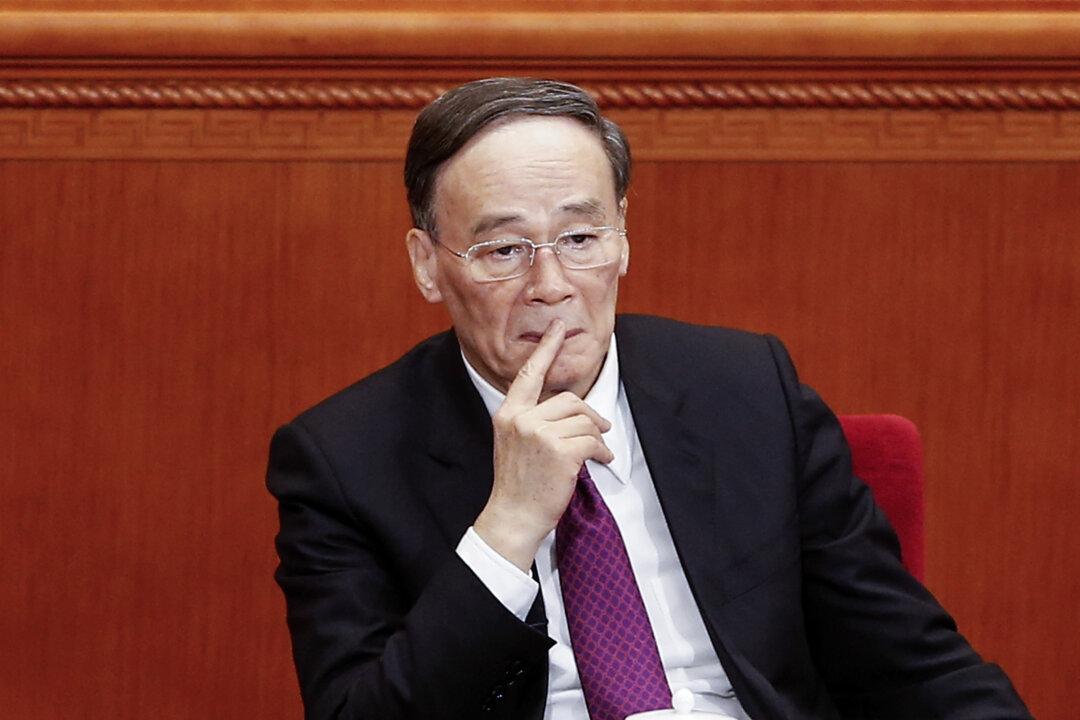Wang Qishan, China’s most powerful official after Communist Party leader Xi Jinping, has made a series of public appearances recently, after having disappeared from public view for months. Wang’s absence from the media led to speculation about his political future, to which he retorted with three appearances in the space of a week. Such appearances are bellwethers of political vitality in China’s opaque political system.
Footage from state broadcaster China Central Television (CCTV) showed Wang, who heads the Communist Party’s anti-corruption agency, attending a national disciplinary inspection assembly on Sep. 8.





